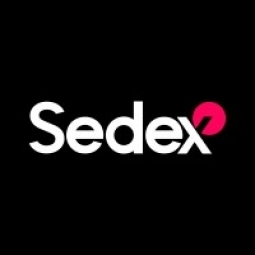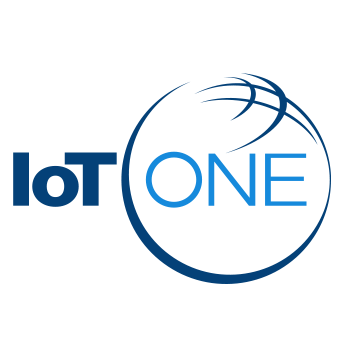Suppliers
United Kingdom
Sedex
Overview
This profile is not managed yet, if you would like to manage
this profile, please contact us at team@asiagrowthpartners.com
this profile, please contact us at team@asiagrowthpartners.com
 |
Sedex |
| United Kingdom | |
| London | |
| 2004 | |
| Private | |
| $10-100m | |
| 201 - 1,000 | |
| Open website |
IoT Snapshot
Technology Stack
Case Studies
Number of Case Studies13
|
Sustainability-Linked Financing: A Case Study on Symrise AG
Symrise AG, a global supplier of fragrances, flavours, food, nutrition, and cosmetic ingredients, is committed to operating and sourcing responsibly. With around 10,000 raw materials sourced from over 100 countries, sustainable procurement is a core part of the Symrise strategy. The company recognises the importance of responsible and sustainable operations for today’s business and future success. However, the company also acknowledges a growing interest among corporate investors in promoting social and environmental sustainability. This presented a challenge to integrate sustainability targets with corporate financing, creating shared goals to form one integrated strategy. |
|
|
Improving Supplier Performance and Reporting: A Case Study on Molson Coors and Sedex
Molson Coors, the fifth-largest beverage company worldwide, operates in 100 countries and is known for popular beer brands like Coors Light, Miller Lite, and Carling. To compete in a global market, Molson Coors needed to maintain strict standards for themselves and their suppliers. They aimed to act ethically, responsibly, and in compliance with the law. However, they faced challenges in understanding their supply chain, setting measurable goals, and improving their processes. They also wanted to gain greater visibility into their suppliers’ operations and instigate conversations around sustainability risks and mitigation plans. Furthermore, they needed to enhance their Environmental, Social, and Governance (ESG) reporting to investors and improve supplier engagement and performance. |
|
|
Sustainability and Stability: Kellogg Company's Transformation of Supply Chain
Kellogg Company, a multinational food manufacturing organization with 33,000 employees, faced a significant challenge in managing its extensive supply chain. The company produces 1,600 foods in 20 countries and markets them in 180 countries, making transparency and sustainability crucial. Alistair Hirst, SVP Global Supply Chains at Kellogg Company, emphasized the need for a stable base to build a sustainable supply chain. The company's supply chain extends to multiple tiers, making it a complex task to understand and manage the entire process. The challenge was not only to reduce greenhouse emissions or energy footprint but to ensure sustainability throughout the end-to-end supply chain. The company also had to meet the expectations of its customers, particularly millennials, who demand transparency about the origin of their food and prefer companies that align with their moral compass. |



